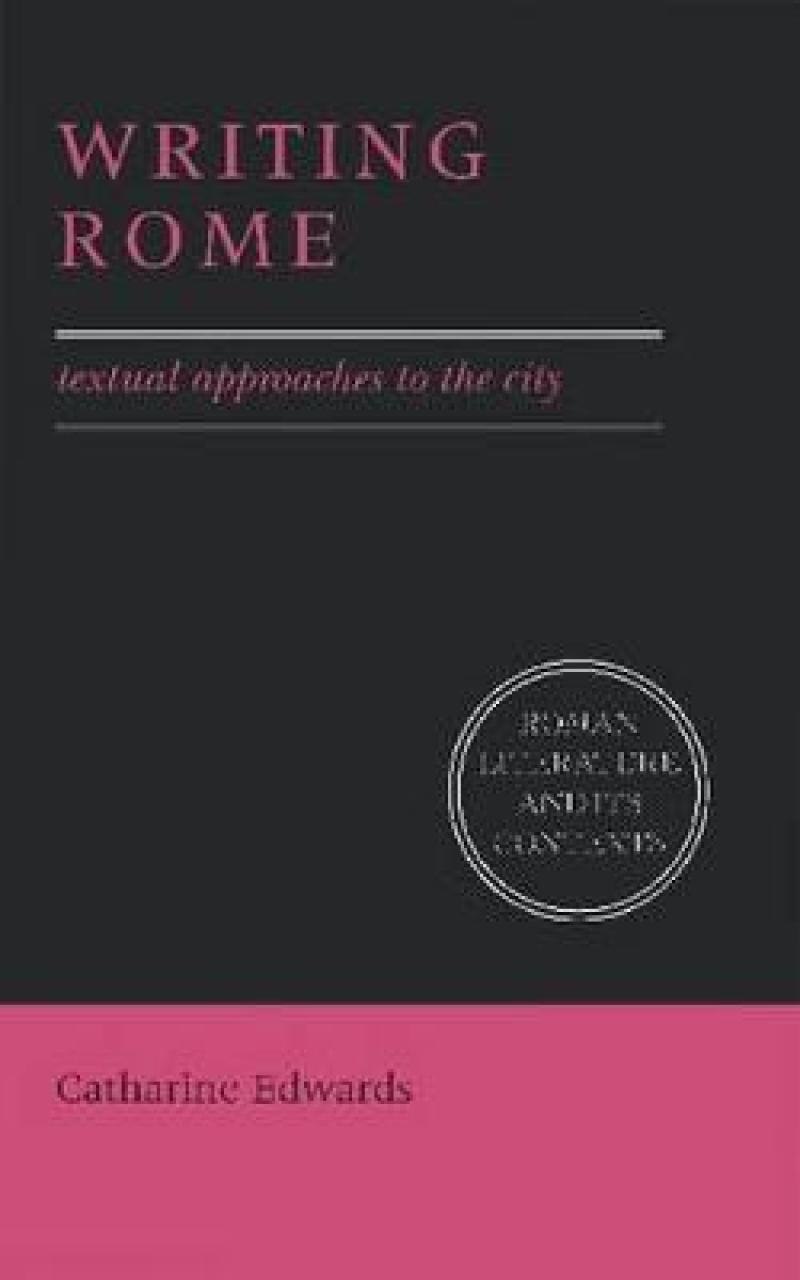The city of Rome is built not only of bricks and marble but also of the words of its writers. For the ancient inhabitant or visitor, the buildings of Rome, the public spaces of the city, were crowded with meanings and associations. These meanings were generated partly through activities associated with particular places, but Rome also took on meanings from literature written about the city: stories of its foundation, praise of its splendid buildings, laments composed by those obliged to leave it. Ancient writers made use of the city to explore the complexities of Roman history, power and identity. This book aims to chart selected aspects of Rome's resonance in literature and the literary resonance of Rome. A wide range of texts are explored, from later periods as well as from antiquity, since, as the author hopes to show, Gibbon, Goethe and others can be revealing guides to the literary topography of ancient Rome.
Les mer
What did the city of Rome mean to ancient Romans? The writings of Roman writers Cicero, Virgil, Juvenal and others, have played a vital part in determining responses to the city both in their own time and in later centuries. This book explores a wide range of descriptions of the city from later periods as well as from antiquity.
Les mer
Introduction: the city of words; 1. The city of memories; 2. The city of gods; 3. The city of empire; 4. The city of marvels; 5. The city of exiles; Epilogue: the transcendent city.
"...[a] rich volume..." New York Sun
This book explores a wide range of descriptions of the city of Rome from later periods as well as from antiquity.
Produktdetaljer
ISBN
9780521559522
Publisert
1996-10-10
Utgiver
Vendor
Cambridge University Press
Vekt
307 gr
Høyde
196 mm
Bredde
127 mm
Dybde
11 mm
Aldersnivå
P, 06
Språk
Product language
Engelsk
Format
Product format
Heftet
Antall sider
164
Forfatter
